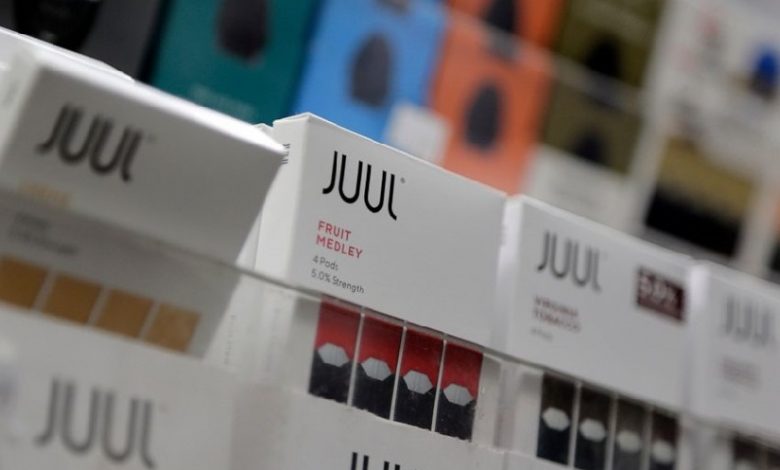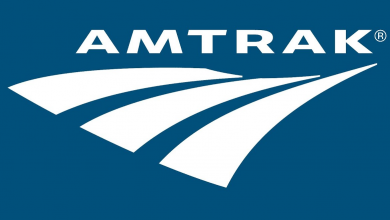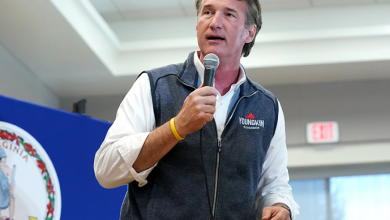People of Virginia against Juul: Win

Once considered a status symbol in society, smoking is now a heavily opposed habit still practiced by millions of Americans every day. Even though smoking remains the leading cause of preventable disease, disability, and death in the United States, almost 13% of the adult population (18 and older) smoked cigarettes in 2020, per the CDC. Federal, state, and local governments have been suppressing smokers for decades, and the number of smokers has been declining over the years.
In 2005, more than 20% of the adult American population were considered current smokers, and the percentage dropped to less than 13% in 2020. There were more than 30 million smokers nationwide, despite the fact that nearly 500,000 people die from smoking-related diseases every year, while more than 16 million Americans live with a smoking-related disease.
Since the number of smokers has been in constant decline over the years, the tobacco industry needed new products that would keep tobacco companies in business. Nearly a decade ago, JUUL was among the first companies to introduce the long-awaited fresh product that was expected to shape the future of the tobacco industry. Juul launched an e-cigarette, a vaping product, that was considered to be a much healthier version of the old-fashioned cigarettes. By the end of 2017, Juul’s vaping products accounted for 70% of the vaping product market.
Juul’s e-cigarettes were everything the young folks needed: a small and nice design, easy-to-use, a portable battery, and a high-nicotine concentration. Just as many people predicted that Juul would dominate the tobacco market with their new and very popular product, the company’s problems began. In 2018, the FDA declared a “vaping epidemic”, and because Juul products contain nicotine, the company was accused of selling products that negatively affect young people’s brain development and are addictive.
Because of this, Juul was not allowed to advertise and sell their vaping products to underage people. Instead of sticking to the law, Juul was running aggressive marketing campaigns and selling its nicotine-addictive products to adolescents. Juul’s e-cigarettes were the top choice for the majority of new smokers and the reason why they started smoking in the first place.
Dozens of states launched a several-year long investigation into the e-cigarette maker’s marketing and sales practices. In addition, hundreds of individuals filed lawsuits against the company, claiming that their products made people addicted to nicotine. This year, Juul settled several lawsuits and will have to pay millions to some states, while hundreds of the lawsuits are still ongoing.
On Tuesday, it was announced that Juul Labs will pay nearly $440 million to settle a two-year investigation by 33 states into the marketing of its high-nicotine vaping products, which have long been blamed for sparking a national surge in teen vaping. Virginia has been among these states, and per the settlement, the state will get $16.8 million, Virginia’s Attorney General Jason Miyares confirmed.
“I am proud of my office’s efforts to address the harm caused in this case nationwide and here in Virginia. Our consumer protection section will continue to work tirelessly to hold bad actors accountable when they disregard the health and welfare of Virginians, particularly our youth,” said Miyares.
The settlement requires court approval, and if everything goes as planned, the state of Virginia will get the first payment of $1.58 million right after the court’s approval. In addition, Juul will have to change its marketing practices in the future.
Juul still faces nine separate lawsuits from other states that are suing the company and hundreds of lawsuits filed by other individuals.




